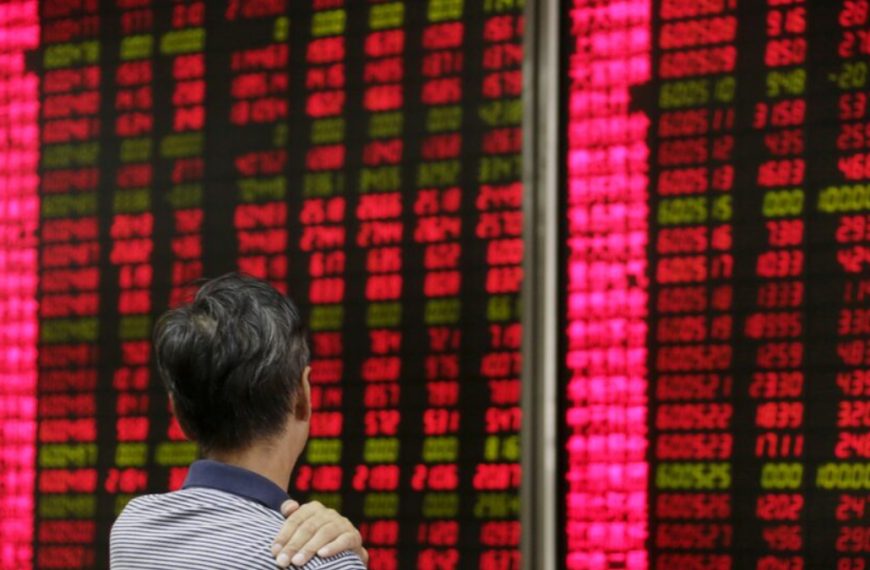Foreign investors have made a noticeable retreat from Indian stocks during the initial week of April, largely in response to recent trade tariff announcements by U.S. President Donald Trump. Data from the National Securities Depository Ltd (NSDL) reveals that foreign portfolio investors (FPI) offloaded equities totaling ₹10,355 crore from April 2 to April 4, reflecting a growing unease in global markets.
Market Reaction to Tariff Announcements
The pullback from foreign investors comes amid rising global uncertainty and a prevalent risk-averse sentiment in financial markets. Interestingly, March had shown a more positive trend with FPI selling easing significantly. The last week of March saw a rise in foreign inflows, reducing net outflows to ₹3,973 crore from a staggering ₹34,574 crore in February.
However, the landscape shifted dramatically in early April. Trump’s announcement of reciprocal tariffs on multiple countries ignited fears of an impending trade war. This turbulence led to massive sell-offs, resulting in U.S. stock markets witnessing a loss of approximately USD 5.4 trillion in market capitalization within just two days. The ripple effects have also penetrated the U.S. debt and IPO markets, with no corporate debt issues emerging and planned IPOs being postponed.
Investor Sentiment: A Cautious Approach
Given the current market chaos, investors are adopting a "wait and watch" strategy, holding off on new capital investments. According to market analyst Ajay Bagga, a quick recovery of foreign inflows into Indian markets appears unlikely in the immediate future. "We foresee limited foreign investments in India until there’s a resolution to the disorder caused by the Trump tariffs," Bagga stated. He emphasizes that restoring market sentiment could take months unless swift trade negotiations yield positive outcomes.
Bagga pointed out that the recent FPI selling is primarily driven by liquidity concerns, as global emerging market and India-focused funds are redeeming their assets to address liquidation pressures. "India’s economic fundamentals remain strong, with USD 80 billion of exports to the U.S. being a small figure relative to our USD 4.2 trillion economy," he added.
Conclusion: Future Outlook for Indian Markets
Despite the current volatility and global uncertainties impacting capital flows, experts maintain a positive outlook on India’s economic resilience. The ongoing situation underscores the importance of international trade relations and their direct influence on investor confidence in emerging markets like India. As the global landscape evolves, both investors and analysts will be closely monitoring developments that could shape the future of capital inflows into the Indian economy.











